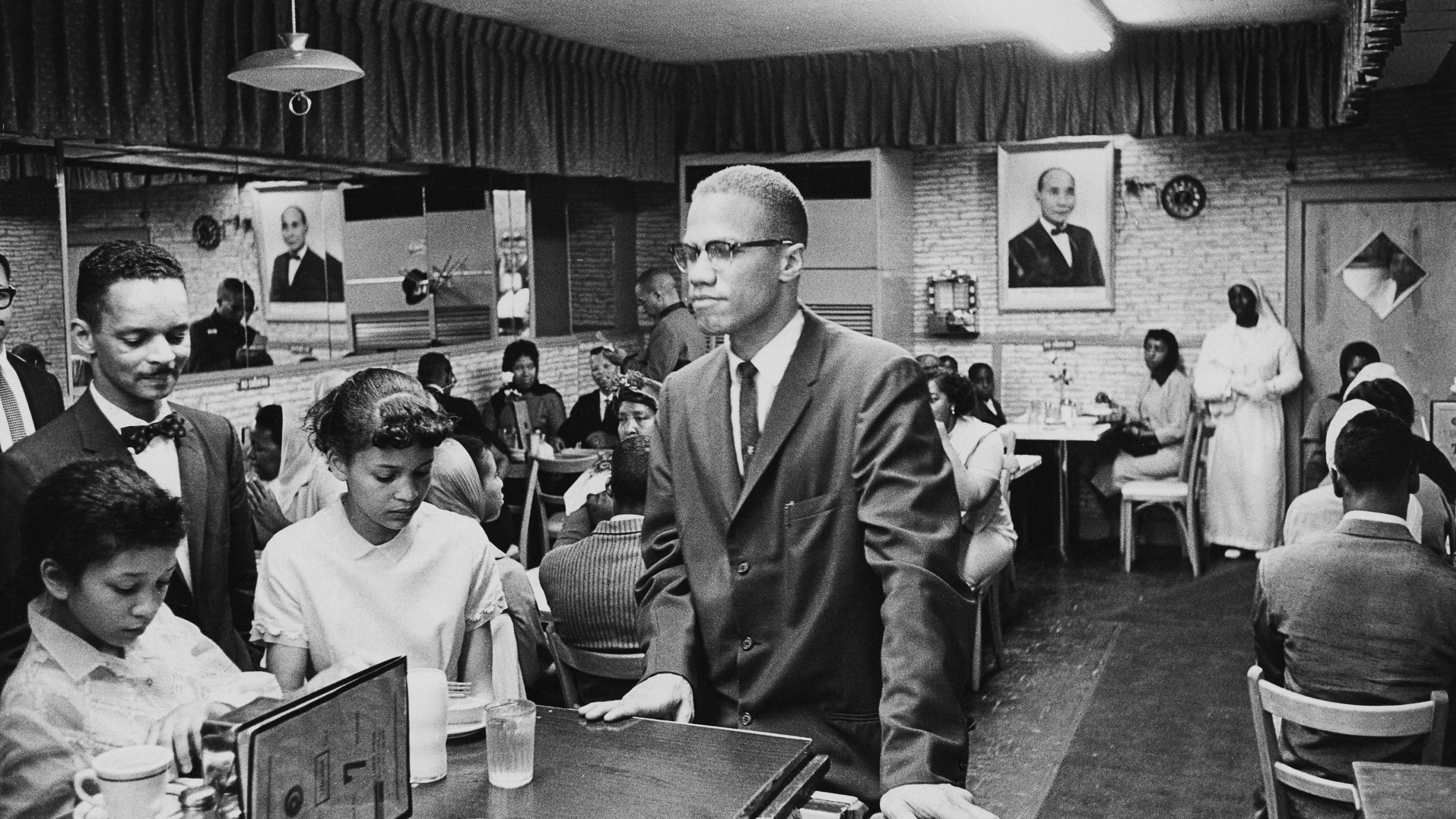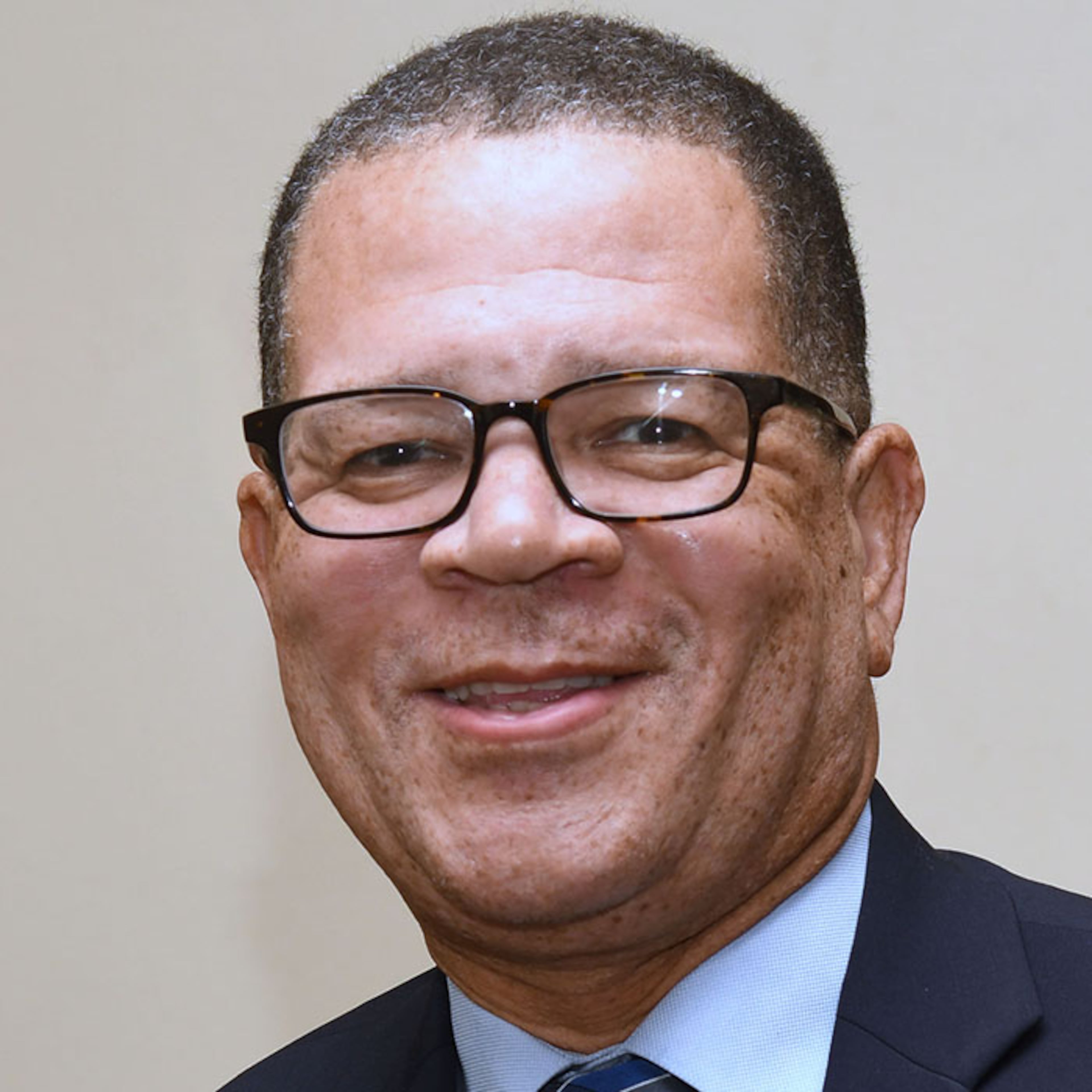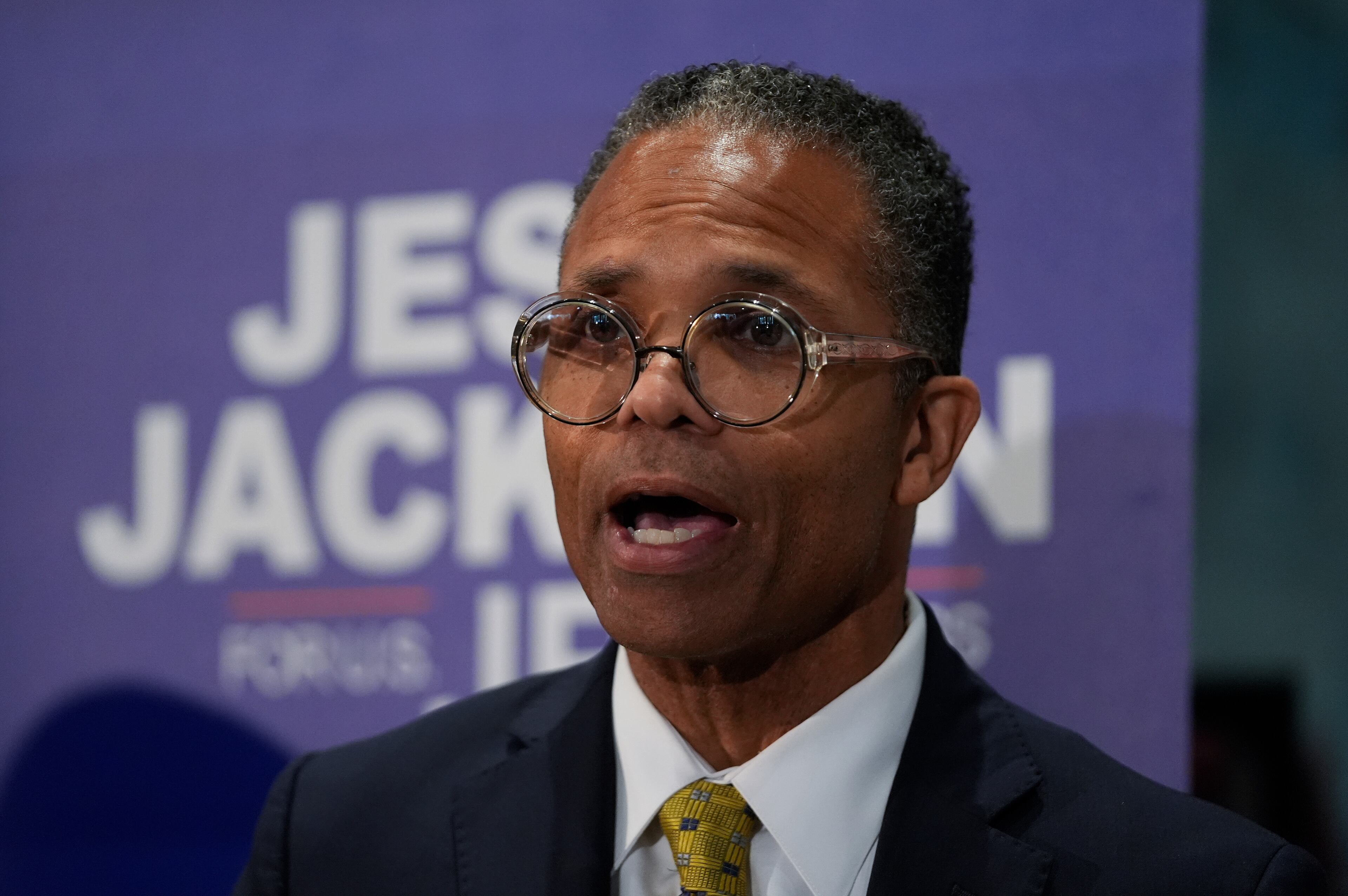On 100th anniversary of his birth, Malcolm X’s message still resonates

A prophetic voice was birthed into the world on May 19, 1925, to the parents of the Rev. Earl and Mrs. Louise Little — an infant named Malcolm Little. Over the course of a brief yet impactful lifetime of 39 years, he transformed into Malcolm X, ultimately becoming one of the most influential figures in the Civil Rights Movement.
As we commemorate the 100th anniversary of his birth, it is essential to reflect on the enduring legacy of Malcolm X and how his philosophy and teachings continue to resonate in today’s struggle for social justice and equality.
Malcolm X’s life was a remarkable journey of profound personal and ideological transformations. Born in Omaha, Nebraska, he faced racial discrimination early in life, culminating in tragedy when his father was murdered by Klansmen because of his civil rights activism.
His mother was later institutionalized in a mental health facility because of her husband’s traumatic death and the stress of raising 10 children as a single mother. These early experiences of violence and injustice deeply influenced Malcolm’s worldview, instilling in him a sense of urgency in redefining Black identity and advocating for justice.
Malcolm X’s approach was a radical departure from MLK’s
As a 19-year-old student at Morehouse College during my sophomore year in 1981, I was first introduced to Malcolm X by Willie “Mukasa” Ricks, a former civil rights activist who is credited with authoring the slogan, “Black Power.”
Inspired by Mukasa to learn more, I eagerly obtained the book, “Autobiography of Malcolm X” and read it from cover to cover in one day.
I then collected and listened to his famous speeches, “The Ballot or the Bullet,” “Message to the Grassroots” and the “Last Message.
I later spoke to several living witnesses who heard Malcolm speak in Atlanta in 1965, a few weeks before his assassination.
From this, I became enamored by Malcolm’s fierce advocacy for Black people. Unlike other figures of the Civil Rights Movement, Malcolm X’s bold and unapologetic stance resonated with an intensity that challenged the status quo, demanding immediate and radical change.
It was a radical departure from the more pacifist approaches of his contemporaries, such as the Rev. Martin Luther King Jr., A. Phillip Randolph and James Farmer. His insistence on self-defense and the empowerment of Black people challenged the mainstream narratives of resignation and compliance.
Pilgrimage to Mecca transformed vision into an inclusive one

During an era when Black people were treated as second class citizens, Malcolm X’s rhetoric often employed a confrontational style, urging them to reclaim their dignity and resist oppression.
His speeches highlighted the systemic nature of racism in American society as well as the “international white power structure,” providing a clear lens through which to view the struggles faced by Black people. This unapologetic “by any means necessary” stance was not without controversy; he faced both admiration and condemnation. Yet, it was this very defiance that inspired a generation of young people to rise up and demand their rights in the 1960s.
A pivotal moment in Malcolm X’s life occurred during his pilgrimage to Mecca in 1964. This journey was transformative, as it exposed him to a broader understanding of Islam and a more profound appreciation of unity across racial lines.
As he eloquently expressed in his autobiography, he witnessed Muslims of various races and nationalities worship together, which reshaped his perspective on race and identity. Upon his return to the United States, he embraced a more inclusive vision of social justice, advocating for the empowerment of all oppressed people rather than focusing solely on race.

This transformation illustrated Malcolm’s ability to adapt and grow, prompting him to reevaluate his earlier views. He began to promote the idea that true liberation could be achieved only through the solidarity of the oppressed, regardless of their racial or ethnic backgrounds.
This evolution in thought signifies Malcolm’s legacy as one of growth and reflection, emphasizing the importance of understanding and addressing the intersecting nature of oppression.
Contradictions and unwavering commitment to justice
Malcolm X’s legacy remains powerful more than half a century after his assassination Feb. 21, 1965, in Harlem, New York.
His life and work instilled a sense of pride and defiance among Black Americans and inspired movements across the globe, from the anti-apartheid struggle in South Africa led by Nelson Mandela and Stephen Biko to contemporary calls for racial justice and equality during the Black Lives Matter Movement in the 2020s.
His teachings encourage critical examination of societal structures and challenge us to confront systemic injustices unflinchingly.
In today’s context, Malcolm X’s principles are especially relevant. The resurgence of racial tensions, antisemitism, political polarization, homophobia, anti-DEI legislation and systemic inequality prompts a reevaluation of how far we have come and how far we still need to go. His emphasis on self-determination, empowerment and a relentless pursuit of justice resonates in the work of movements like Black Lives Matter, which echo his calls for accountability and systemic change.
As we reflect on Malcolm X’s legacy in this centennial year, it is vital to recognize the complexities of his life — his contradictions, transformations and unwavering commitment to the cause of justice. He was a man who navigated the tumultuous waters of identity, religion and activism, crafting a message that remains both timely and timeless.
Malcolm X is one of my heroes. I believe the life of Malcolm X is an indelible part of American history, reminding us of the ongoing struggle for civil rights and social justice.
His prophetic voice calls us to be not just observers but also active participants in the fight against oppression in all its forms.
On this 100th anniversary of his birth, let us honor Malcolm X not just through remembrance but also by embodying the principles of justice, equality and empowerment that he dedicated his life to championing.
John H. Eaves, an Atlanta Journal-Constitution contributing columnist, is a former Fulton County Commission chairman and a senior instructor in the Department of Political Science at Spelman College.


